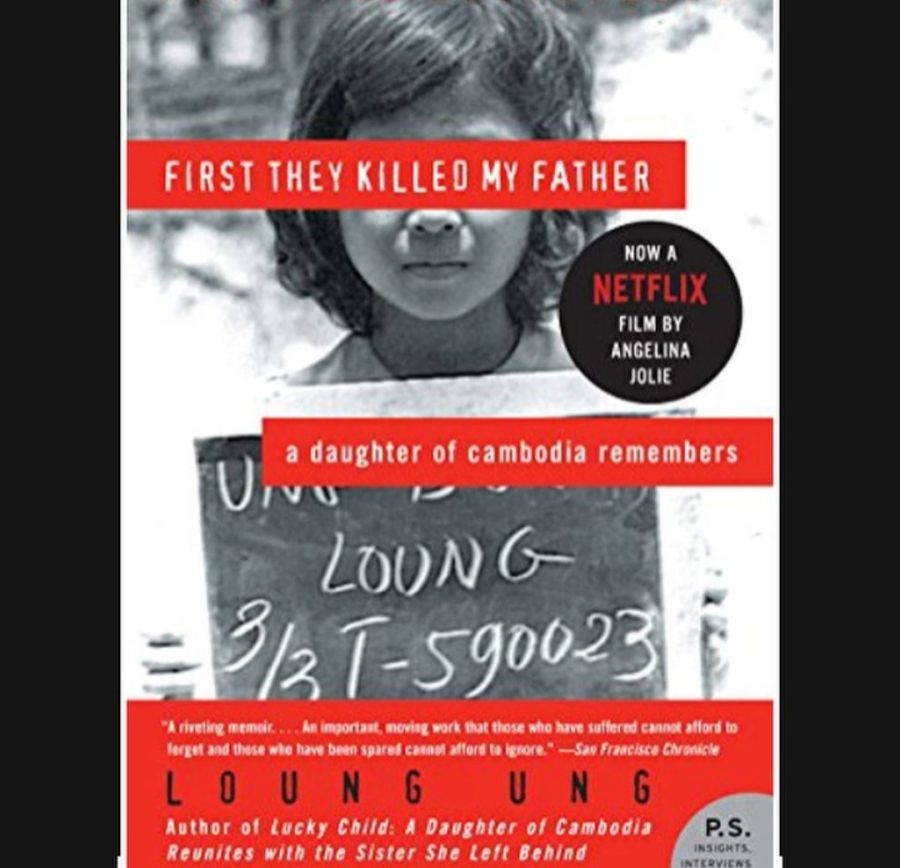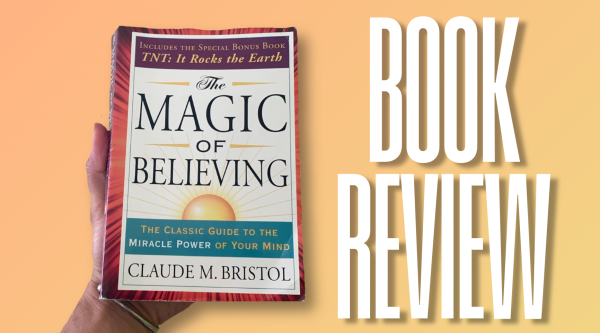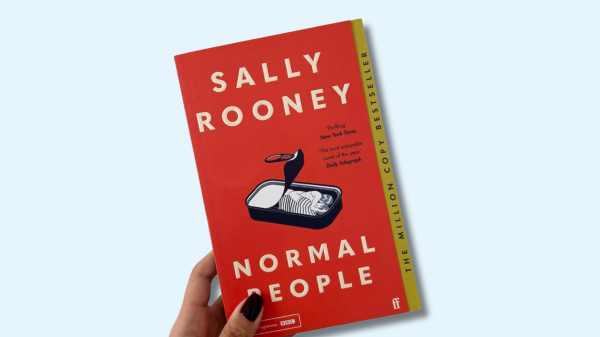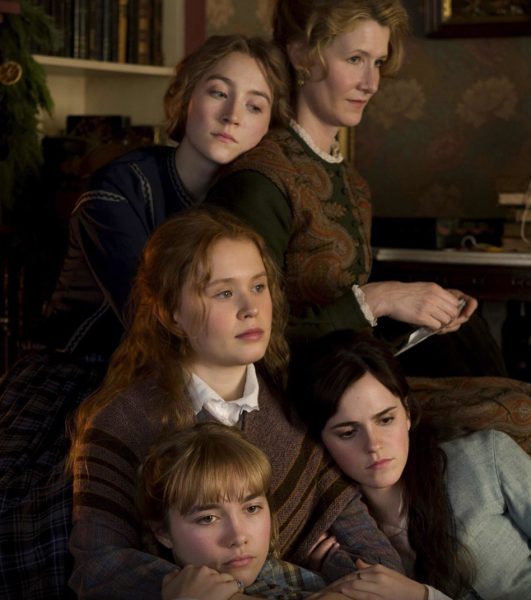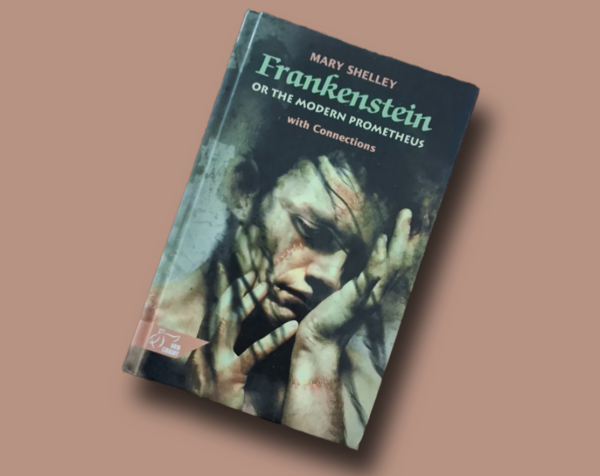A Child’s Perspective on Experiencing the Trauma of War
“I think how the world is still somehow beautiful even when I feel no joy at being alive within it.”
In an account of the horrific Cambodian genocide during the 1970s, Loung Ung tells the story of how Pol Pot’s Khmer Rouge regime destroyed her family. “First They Killed My Father: A Daughter of Cambodia Remembers,” is told through Ung’s innocent and childlike eyes, making the gruesome report of the Khmer Rouge and their treatment of the Cambodians all the more shocking. Although the novel is criticized for not being historically accurate, the emotional truth of Ung’s experience has been continuously praised for its shocking honesty.
Ung was only five years old when the Khmer Rouge invaded her small town of Phnom Penh in 1975. She lived comfortably with her high-ranking government official father and proper Chinese mother, their family owned two vehicles. Ung worried about nothing as she went to school, learned new languages, played with friends at the market and ate sweet cakes every afternoon.
That all changed after the Khmer Rouge took over, forcing her family to flee to the countryside. After two months of walking they settled at Ro Leap, a camp that took countless lives because of starvation and disease. Unaccustomed to living outside their privileged environment, Ung’s family was thrust into a life of extreme hardship, leaving behind every comfort for the small chance of survival. Ung’s family wrestles with how to feed their large family while also trying to keep the secret of Loung’s father’s identity. Early in the account, even young Ung expresses the danger of her father’s occupation as a government worker for the overthrown regime. His identity meant death in the eyes of the Khmer Rouge, and Loung’s family knew that their every move was being watched and weighed carefully. However, it isn’t long until Ung is on her own, separated from her family and drafted into a soldier training camp.
Throughout the novel, Ung shares her story from the perspective of a young child that is forced to grow up too quickly. It was frighteningly clear to readers how Ung hardened. It is a shock seeing her start as this carefree girl, playing with her siblings in Cambodia, and then see her change.
She has to see herself as a strong, unbreakable person because, ultimately, she had to be strong enough to survive impossible conditions of starvation, persecution and loneliness. It is with a combination of luck, personal strength, unwavering love for her family and hope for their survival that she can continue. Facing the horrors of the Khmer Rouge, Ung learned how to make three measly grains of rice last her three days while training as a child soldier, harvesting fields and completing endless and laboring tasks.
Amid all of Ung’s experiences, I loved how Ung never lost sight of what she was surviving for. It is the love for her family that was woven through her account — it was a will to live that kept Loung standing for all these years. Themes of family, love and survival are paramount, often the sole motivation for every action. It is because of the love Ung’s mother holds for her children, that she separates them into different camps, all to disperse them for the best chance of survival. It is the love of family that Loung’s father does not resist his death sentence — it is to keep his family safe from the same fate.
A quote that stuck with me from this autobiography was, “Surviving for another day, has become the most important thing to her.” Ung says this as she narrates her story. When she said this, I was transported back to the lessons her Pa gave her, at the beginning of all her horrors. She remembers the words her Pa says often, reflecting that “the only way we will survive,” is to keep going and standing strong. What was so gripping about Loung’s account, was that because it is told from the eyes of a child, the world seems crueler, less forgiving. Her horrors are unimaginable and it is shocking to hear from someone so young.





































































































































































































